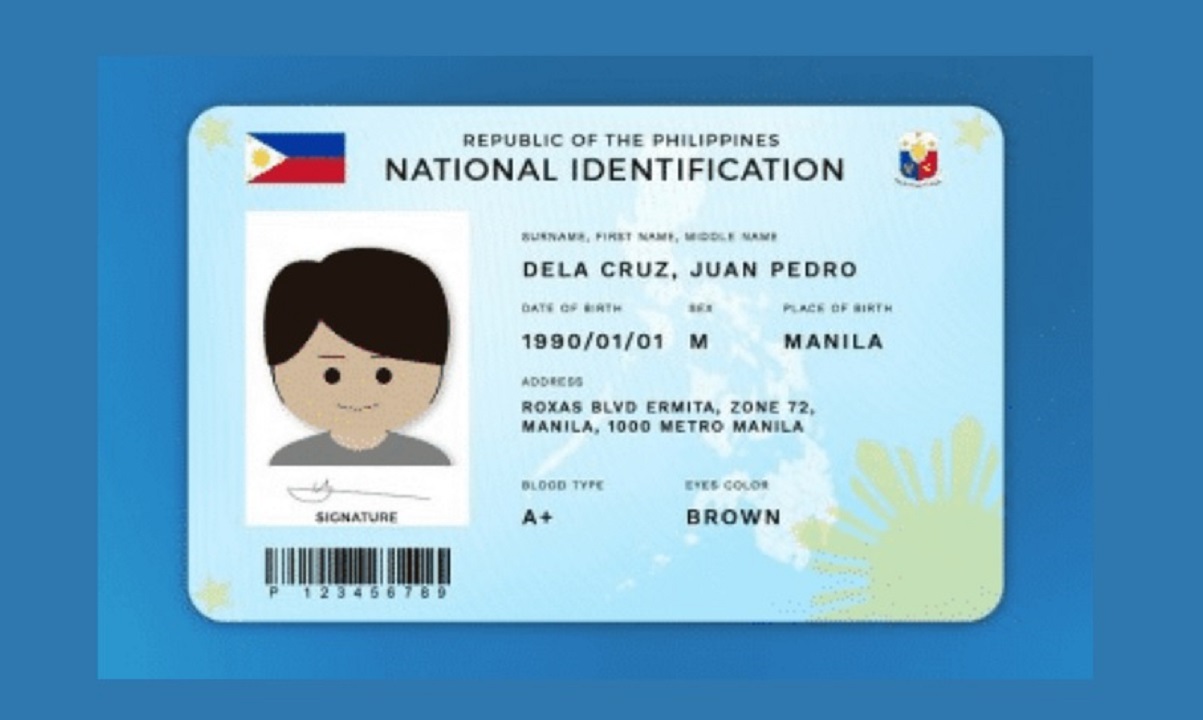Filipinos back home in the Philippines may soon gain access to an all-in-one National ID similar to that of the Emirates ID here in the UAE.
The Philippine Statistics Authority (PSA) has revealed that it targets to register 70 million Filipinos this year for the Philippine Identification System (PhilSys).
“The PSA aims to register the majority of the Filipinos by the end of 2022 and will open the registration to the general public in 2021. Further announcements on this will be made to ensure that the public is informed and ready for the line-up of registration activities of the PhilSys,” read the statement from PSA.
RELATED STORY: PSA to register 9 million Filipinos under National ID system by year end
PhilSys’ goal
The PSA is eyeing to make social services more accessible to Filipinos through PhilSys.
It said the Philippine identification (PhilID) or the National ID could be used in most government and private banking transactions.
National ID holders would be provided access to financial, social protection, health education, and other government services.
PSA said PhilSys could also promote ease of doing business.
It added that PhilSys will help uniquely identify each registered person at a national scale with a high level of assurance, eliminate identity fraud, and strengthen the integrity of functional identification registries.
Free of charge
PSA Assistant Secretary Rosalinda Bautista earlier said that registering and acquiring the national ID would be free for all Filipinos.
Signed into law by President Rodrigo R. Duterte in August 2018, Republic Act 11055, or the Philippine Identification System Act, aims to establish a single national ID for all Filipinos and resident aliens.
The PSA also warned the public against scammers posing as PSA employees who facilitate registration for the PhilSys. These scammers are targeting victims by illegally issuing PhilID card. They also charged their supposed clients with service fees for processing the PhilSys registration.
READ ON: OFWs in UAE support creation of National ID in PH
Three-step registration
Due to the health crisis, PSA implemented the Philsys project in a three-step approach to protect the registration team and target registrants against the risks of infection.
Step 1 of the registration involves the collection of the registrant’s information including full name, gender, date, and place of birth, blood type, and address.
The PSA conducted simultaneous house-to-house visits to collect demographic data of targeted nine million individuals composed of at least five million low-income household heads, while the rest are adult household members.
Step 2 involves setting up an appointment for the biometrics capture that includes fingerprint, iris scan, and front-facing photograph.
Step 3, meanwhile, is the issuance of a physical ID card stored with a 12-digit PhilSys number or personal serial number (PSN) and a 16-digit PhilSys card number (PCN).




